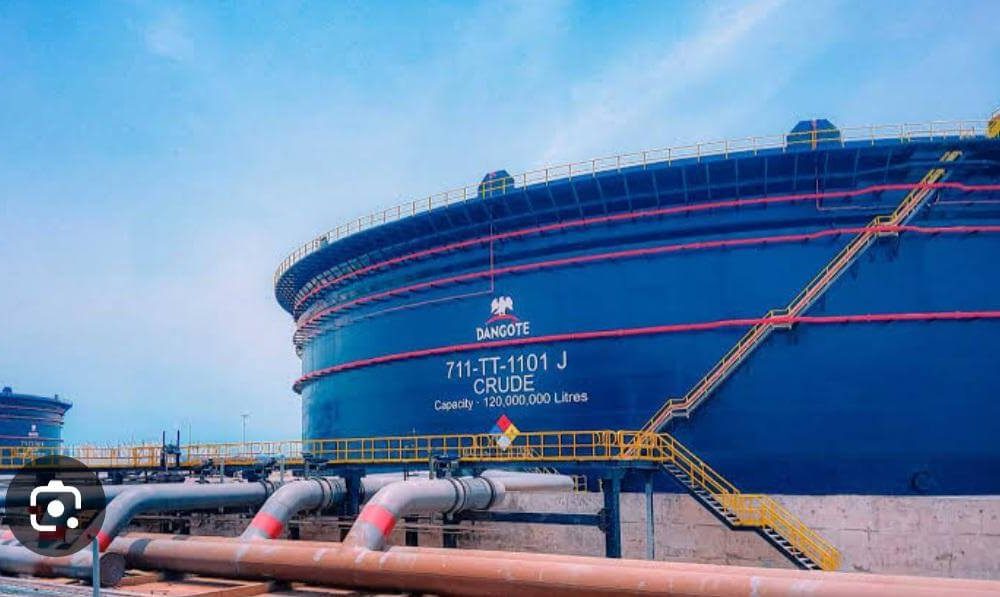Dangote Petroleum Refinery Receives First Crude Oil Deliveries Under New Naira-for-Crude Agreement
In a major development, the Dangote Petroleum Refinery has taken delivery of four crude oil shipments from the Nigerian National Petroleum Company Limited (NNPCL), marking the commencement of the naira-for-crude agreement. This significant milestone follows intense negotiations and polyester petrol pipeline issues faced by the refinery, now finally underway.
The latest development is a welcome respite, with assurances that more cargo arrivals are anticipated in the coming weeks, further bolstering the refinery’s operations.
At present, the Dangote refinery is poised to begin selling refined petroleum products, including Premium Motor Spirit (PMS), directly to local marketers, after a $20 billion investment. The first six-month phase of the naira-for-crude arrangement, though, may be extended depending on the government’s final decision.
Speaking on the matter, an official revealed, “For now, we’re focused on refining the crude oil received, but beyond that, the six-month term is provisional. The government may choose to renew it or not, only time will tell.” Meanwhile, the refinery is already preparing to roll out its refined products, as the first phase of the naira-for-crude sale progresses.
The move may have a positive impact on the nation’s fuel supply and prices, with several local marketers expressing enthusiasm for the new initiative, as it’s expected to reduce the country’s dependence on imported petrol. According to recent data from S&P Global Commodity Insights, Nigeria’s gasoline shipments declined significantly in early October, a direct result of this new shift in fuel supply dynamics.
Expected benefits of the new arrangement include improved fuel availability and reduced prices, ultimately benefiting the average Nigerian consumer. With the Dangote refinery ready to kick off production, it remains to be seen how the partnership will evolve, but for now, it’s a step in the right direction, towards a self-sustaining local refining industry and reduced reliance on foreign fuel imports.
A notable milestone for the nation, this initial success may set a precedent for other refineries, and years of investment and perseverance may finally pay off.



